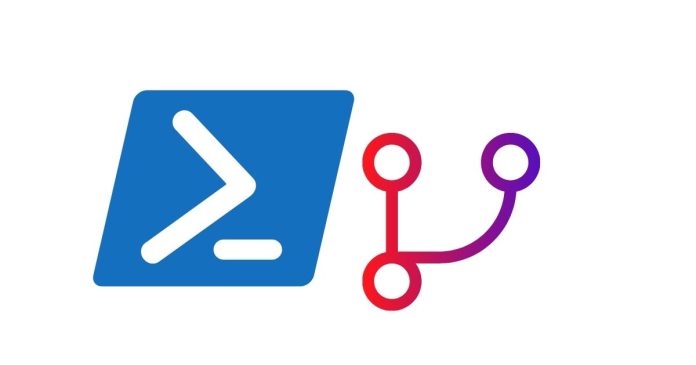A scripting language is a type of programming language that is used to automate tasks, manipulate data, or control the execution of other programs. Unlike compiled languages, where the code is translated into machine code before execution, scripting languages are usually interpreted at runtime, meaning the instructions are executed directly by an interpreter without the need for prior compilation.
Key Characteristics of Scripting Languages:
1. Interpretation over Compilation:
Scripting languages are often interpreted, meaning the code is executed line-by-line by an interpreter, rather than being compiled into machine code ahead of time.
2. Ease of Use:
Scripting languages typically have a simpler syntax compared to lower-level programming languages, making them easier to write and learn.
They often prioritize developer productivity and quick prototyping.
3. High-Level Abstraction:
Scripting languages often provide a higher level of abstraction, meaning they allow developers to write code that is closer to human language, without needing to worry about low-level details like memory management.
4. Automation and Task Management: These languages are often used to automate repetitive tasks, manage system processes, or handle data manipulation, making them highly valuable in system administration, web development, and data analysis.
5. Integration with Other Software: Scripting languages are frequently used to glue together different software components. For instance, they can interact with databases, web servers, or other programming languages.
Examples of Scripting Languages:
JavaScript: Primarily used for scripting on web pages to enable dynamic content (client-side scripting).
Python: Widely used in data science, automation, web development, and scripting.
Bash (Shell scripting): Used for automating command-line tasks on Unix-like systems.
Ruby: Used for web development (e.g., Ruby on Rails) and automation.
Perl: Known for text manipulation and system administration tasks.
PHP: A server-side scripting language used for web development.
Applications of Scripting Languages:
1. Web Development: Scripting languages like JavaScript, PHP, and Python are used for building dynamic websites and web applications.
2. Automation: Scripting languages like Python, Bash, and PowerShell are used to automate tasks like file management, backups, and deployment.
3. Game Development: Scripting languages are often used for writing game logic and controlling the flow of a game (e.g., Lua in game engines like Unity).
4. System Administration: Shell scripting languages (e.g., Bash) are widely used by system administrators to automate server configurations and monitor systems.
5. Data Analysis and Processing: Languages like Python and Perl are commonly used for manipulating data, processing logs, and automating data analysis tasks.
Benefits of Scripting Languages:
Faster Development: Scripting languages are generally quicker to write and debug due to their simplicity and high-level nature.
Portability: Many scripting languages are cross-platform and can run on various operating systems without modification.
Interactivity: Scripting languages often provide interactive shells or environments for real-time execution of code, making them ideal for quick experimentation.
Limitations of Scripting Languages:
Performance: Scripting languages can be slower than compiled languages because they are interpreted at runtime, leading to higher execution time.
Less Control Over Hardware: Since scripting languages abstract much of the hardware and memory management, they offer less control compared to lower-level languages like C or C++.
Conclusion:
A scripting language is ideal for automating tasks, controlling the flow of other programs, and handling high-level operations that don’t require direct interaction with hardware. While scripting languages may not match compiled languages in performance, they are a powerful tool for rapid development, testing, and task automation.


